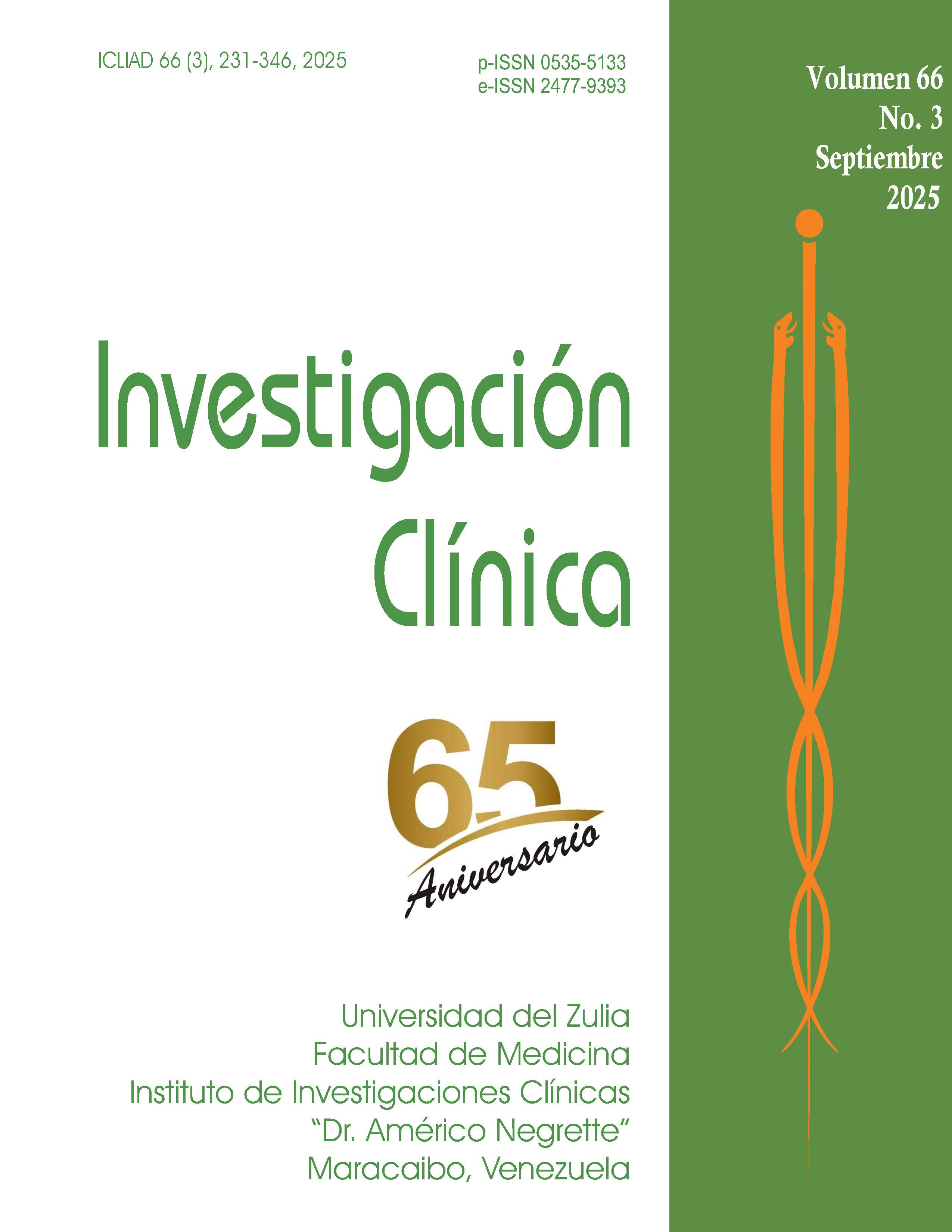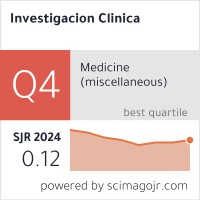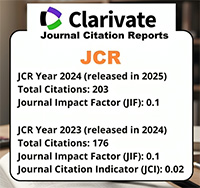A preliminary investigation of the association between KRAS, NRAS, and BRAF mutations and colorectal cancer in Turkish patients.
Una investigación preliminar sobre la asociación entre mutaciones KRAS, NRAS y BRAF en cáncer colorrectal en pacientes Turcos.
Abstract
Somatic mutations in the GTPase RAS protein family and the downstream serine-threonine kinase BRAF are predicted to be key driver muta- tions in colorectal carcinogenesis by disrupting critical control points in cell cycle regulation. In our study, we aimed to investigate the relationship between KRAS, NRAS, and BRAF mutations in colorectal cancer (CRC) samples and corresponding clinicopathological data. This retrospective study included 64 CRC patients who were evaluated for KRAS, NRAS, and BRAF mutations in our department between 2022 and 2024. The findings were evaluated according to the age, gender, tumor localization in the colon, and histopathological subtype of the patients in whom the mutation was detected, and the relationships between these variables were analyzed using the chisquare test. KRAS mutations were detected at 29.6%, NRAS mutations at 3.1% and BRAF mutations at 1.6%. No significant relationship was found between mutation rates and the patients’ age, gender and colon localization. Our study demonstrated that mutations in KRAS, NRAS, and BRAF were not associated with the age, sex, and tumor location of CRC patients. The data presented are preliminary findings, and more research is needed to evaluate the clinical and pathological impact of these mutations on colorectal cancer progression and outcomes.
Downloads
References
Khoshnoudi H, Yaghobi Joybari A, Naeemi Sanatdoost P, Haghbin Toutounchi A, Adinevand E, Nematihonar B. RAS, BRAF, and MMR system mutations in metastatic colorectal cancers: an observational study. J Surg On-col 2024; 9(3): 48-54. https://doi.org/10.1097/IJ9.0000000000000133
Rendek T, Saade R, Pos O, Kolnikova G, Urbanova M, Budis J, et al. Determination of the Prevalence of Microsatellite Instability, BRAF and KRAS/NRAS Mutation Status in Patients with Colorectal Cancer in Slovakia. Cancers. 2024; 16(6):1128. https://doi.org/10.3390/cancers16061128
Gökmen İ, Taştekin E, Demir N, Özcan E, Akgül F, Hacıoğlu MB, et al. Molecular Pattern and Clinical Implications of KRAS/NRAS and BRAF Mutations in Colorectal Cancer. Curr Issues Mol Biol 2023;45(10):7803-7812. https://doi.org/10.3390/cimb45100491
Bożyk A, Krawczyk P, Reszka K, Krukowska K, Kolak A, Mańdziuk S, et al. Correlation between KRAS, NRAS, and BRAF mutations and tumor localizations in patients with primary and metastatic colorectal cancer. Arch Med Sci 2021;18(5):1221-1230. https://doi.org/10.5114/aoms/109170
Ulanja MB, Rishi M, Beutler BD, Sharma M, Patterson DR, Gullapalli N, Ambika S. Colon Cancer Sidedness, Presentation, and Survival at Different Stages. J Oncol 2019;21;2019:4315032. https://doi.org/10.1155/2019/4315032
College of American Pathologist (CAP). Protocol for the examination of resection specimens from patients with primary carcinoma of the colon and rectum. 2024. Available from: https://documents.cap.org/protocols/ColoRectal_4.3.1.0.REL.CAPCP.pdf
Mosaferi Z, Pirestani M, Arefian E, Gojani G, Kavousinasab N, Karimi P, et al. Exploring the Relationship Between KRAS, NRAS, and BRAF Mutations and Clinical Characteristics in Iranian Colorectal Cancer Patients. J Gastrointest Canc 2024;55 (3): 1134-1143. https://doi.org/10.1007/s12029-024-01064-0
Zhu G, Pei L, Xia H, Tang Q, Bi F. Role of oncogenic KRAS in the prognosis, diagnosis and treatment of colorectal cancer. Role of oncogenic KRAS in the prognosis, diagnosis and treatment of colorectal cancer. Mol Cancer 2021; 20(1):143. https://doi.org/10.1186/s12943-021-01441-4
Siddiqui AD, Piperdi B. KRAS mutation in colon cancer: a marker of resistance to EGFR-I therapy. Ann Surg On-col 2010;17(4):1168-1176. https://doi.org/10.1245/s10434-009-0811-z
Rimbert J, Tachon G, Junca A, Villalva C, Karayan-Tapon L, Tougeron D. Association between clinicopathological characteristics and RAS mutation in colorectal cancer. Mod Pathol 2018;31(3):517-526. https://doi.org/10.1038/modpathol.2017.119
O’Riordan E, Bennett MW, Daly L, Power DG. The implication of BRAF mutation in advanced colorectal cancer. Ir J Med Sci. 2022;191(6), 2467–2474. https://doi.org/10.1007/s11845-021-02689-x
Hu Y, Tao SY, Deng JM, Hou ZK, Liang JQ, Huang QG, et al. Prognostic Value of NRAS Gene for Survival of Colorectal Cancer Patients: A Systematic Review and Meta-Analysis. Asian Pac J Cancer Prev 2018;19(11):3001-3008. https://doi.org/10.31557/APJCP.2018.19.11.3001
Yamauchi M, Morikawa T, Kuchiba A, Imamura Y, Qian ZR, Nishihara R, et al. Assessment of colorectal cancer molecular features along bowel subsites challenges the conception of distinct dichotomy of proximal versus distal colorectum. Gut 2012;61(6):847-54. https://doi.org/10.1136/gutjnl-2011-300865
Ekmekciu I, Zucha DM, Christmann J, Wisser S, Heuer V, Sargin B, et al. Exploring the molecular profile of localized colon cancer: insights from the AIO Colopredict Plus registry. Front On-col 2024;19;14:1434791. https://doi.org/10.3389/fonc.2024.1434791
Bylsma LC, Gillezeau C, Garawin TA, Kelsh MA, Fryzek JP, Sangaré L, Lowe KA. Prevalence of RAS and BRAF mutations in metastatic colorectal cancer patients by tumor sidedness: A systematic review and meta-analysis. Cancer Med 2020;9(3):1044-1057. https://doi.org/10.1002/cam4.2747





















